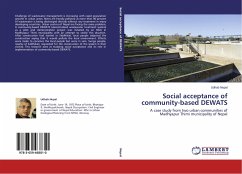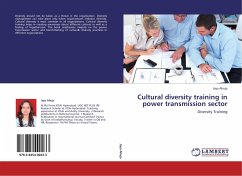South Africa is faced with the daunting task of addressing problems such as the high failure (at school) and unemployment rates. These problems make the development of a restructured, meaningful education and training system for out-of-school youth and unemployed adults more urgent than ever before. Community colleges could solve the high failure rate which is as a result of inflexible teaching and learning modes. In order to translate these into practice, learning should be adjusted to the individual needs, abilities and interests of all learners. Furthermore, there is a need for a vibrant Further Education and Training (FET) sector to equip learners with entrepreneurial skills. Community colleges as part of FET, could serve as centres of delivery for this desirable education. The study intends to provide perspectives on the importance of community colleges as part of a future further education sector in South Africa. It also reviews existing educational programmes in terms of their appropriateness to the country s socio-economic demands. It also provides a framework upon which implementation strategy and effective planning for community colleges could be based.







